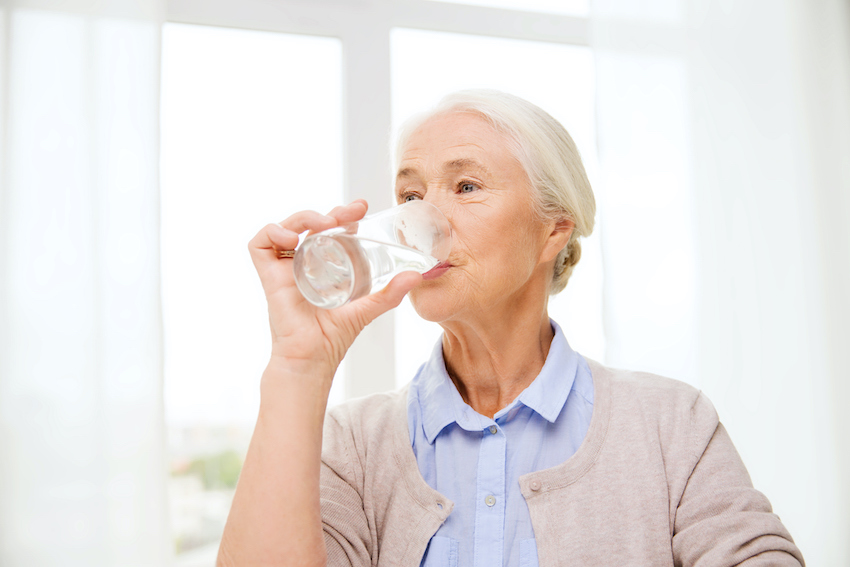
Management of urinary incontinence in seniors is possible with a few easy steps.
While not unusual in seniors, urinary incontinence is a challenging condition to cope with, impacting everyday life in many ways and frequently leading to reduced self-confidence and assurance together with the limiting of rewarding activities.
Nevertheless, it is crucial to understand that urinary incontinence is not something that must simply be accepted as a typical element of aging. Identifying the reason behind the problem can lead to a successful treatment option. Contributing factors to urinary incontinence include:
- A urinary tract or vaginal infection
- Constipation
- Weakened or overactive bladder muscles
- Pelvic organ prolapse or weakened pelvic floor muscles
- Nerve damage from conditions including Parkinson’s, diabetes, or MS
- Enlarged prostate
- Health issues which make it harder to access the restroom in time, such as arthritis
An older adult going through problems with incontinence should visit with the physician to go over symptoms, medications, and health background. She or he may recommend blood and urine tests as well as testing to decide how effectively the bladder is emptying. Keeping a daily journal ahead of the appointment can help, noting the times of each day when urinating and when leaking urine.
When the cause of the incontinence has been determined, treatments can include:
- Oral medicines which can tighten muscles or help the bladder empty fully
- An injected medication into the area surrounding the urethra
- A low-dose estrogen cream
- Nerve stimulation around the bladder
- A urethral insert or pessary in order to prevent leaking
- Surgery if the incontinence is the result of blockage or a change in the bladder’s position
Furthermore, management of urinary incontinence can potentially be relieved by:
- Kegel (pelvic muscle) exercises
- Biofeedback
- Timed urination, emptying the bladder on a set schedule
- Lifestyle changes, such as eliminating caffeine and alcohol, stopping smoking, and losing weight
Often, seniors with urinary incontinence incorrectly believe that they should restrict their fluid intake. It is crucial to maintain proper hydration and also to know that lower hydration levels contribute to more concentrated urine, which actually can make urinating more uncomfortable and increase complications with incontinence. Plain water is always the best option, but if the senior loved one prefers, try adding flavoring, for example, a slice of cucumber or citrus fruit.
For an older adult with Alzheimer’s disease, particularly in the later stages, incontinence is especially common, and can be helped through:
- Making it easier to access the toilet by ensuring pathways are clear and there is satisfactory lighting
- Eliminating coffee, soda, and tea from the senior’s diet, as these increase urination (but ensuring your loved one drinks plenty of water)
- Taking frequent, regular bathroom breaks
- Choosing clothing that is easy to remove
- Experimenting with various kinds of incontinence care products to find one that’s most comfortable
Abby Senior Care’s aging care professionals are trained and experienced in incontinence care, and are always available to help provide recommendations in addition to in-home care to help with personal care needs, discreetly and always with the utmost respect. Contact us at 303-699-8840 to request a complimentary in-home consultation and to learn more about our experienced senior care in Aurora and surrounding communities.
